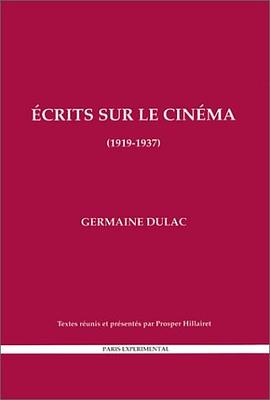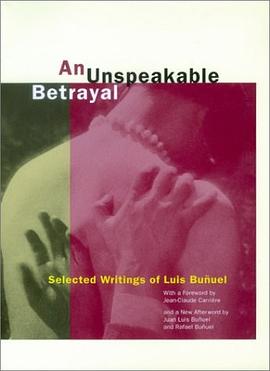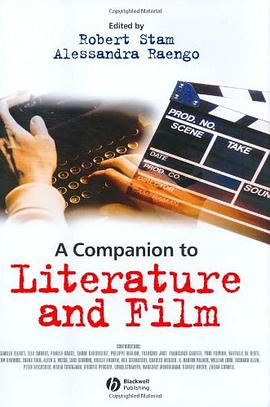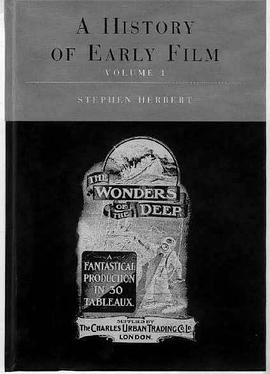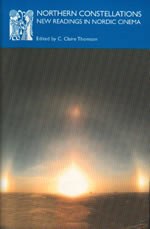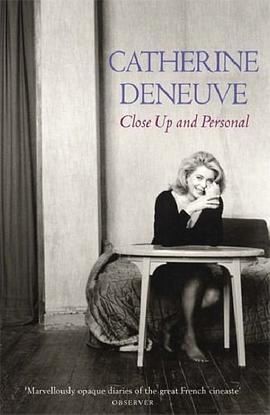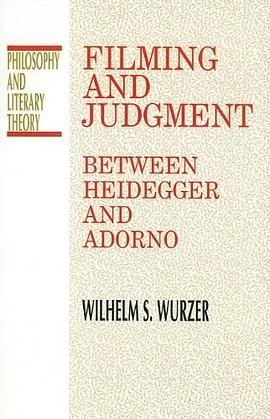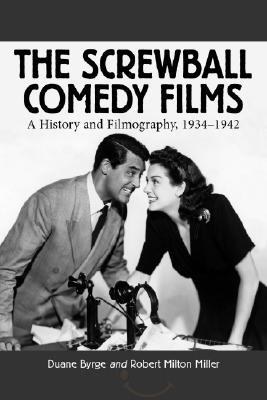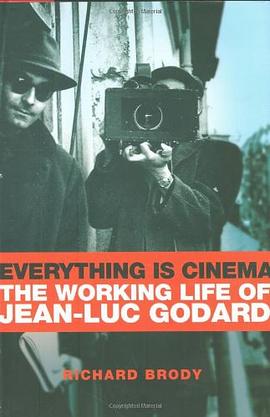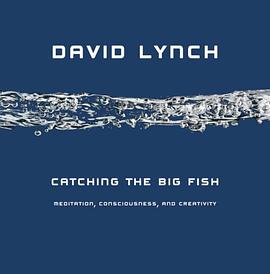

具体描述
In this rare work of public disclosure, filmmaker David Lynch describes his personal methods of capturing and working with ideas, and the immense creative benefits he has experienced from the practice of meditation <br/><br/> Over the last four decades, David Lynch has created some of the best-known and widely discussed screen works of our time. This distinctive writer-director's art bears not only the mark of box-office success but also criticalacclaim and cultural posterity. <br/><br/> Yet Lynch generally reveals little of himself, or the ideas behind his work. Now he provides a rare window into his methods as an artist and his personal working style. In Catching the Big Fish, Lynch writes candidly about the tremendous creative benefits he has gained from his thirty-two-year commitment to practicing Transcendental Meditation. <br/><br/> In brief chapters, Lynch describes the experience of "diving within" and "catching" ideas like fish-and then preparing them for television or movie screens, and other mediums in which Lynch works, such as photography and painting. <br/><br/> In the book's first section, Lynch discusses the development of his ideas-where they come from, how he grasps them, and which ones appeal to him the most. He then shares his passion for "the doing"-whether moviemaking, painting, or other creative expressions. Lynch talks specifically about how he puts his thoughts into action and how he engages with others around him. Finally, he discusses the self and the surrounding world -and how the process of "diving within" that has so deeply affected his own work can directly benefit others. <br/><br/> Catching the Big Fish provides unprecedented insight into Lynch's methods, as it also offers a set of practical ideas that speak to matters of personal fulfillment, increased creativity, and greater harmony with one's surroundings. <br/><br/> The book comes as a revelation to the legion of fans who have longed to better understand Lynch's deeply personal vision. And it is equally intriguing to anyone who grapples with questions such as: "Where do ideas come from?" and "How can I nurture creativity?
作者简介
大卫·林奇(David Lynch),美国最具个人色彩的导演之一。1946年生于美国蒙大拿州,儿时的梦想是成为书画刻印艺术家,但最著名的身份却是导演。他的电影华丽而诡异,但主题隐晦压抑,深具拉美魔幻小说的超现实主义气质,代表作如《穆赫兰道》与《蓝丝绒》等,都着力于日常生活遮掩下的人性荒诞与失控的展示,它们都是林奇观察力与想象力的产物。在镜头背后,林奇首先是一个富有创见的旁观者与思想家。
目录信息
读后感
1、 创意就像鱼。 如果你想抓小鱼,留在浅水即可。但若想着大鱼,就得潜入深渊。 深渊里的鱼更有力,也更纯净。硕大而抽象,且非常美丽。 2、 你爱上了第一个念头,那微不足道的一小块。而你一旦有这一块之后,其余的迟早会出现。 3、 做你份内的事——这是你所能掌握的。...
评分旅途中我带上了一本朋友给我的书,是大卫林奇的《钓大鱼》。 这本书给我郁闷,也给我惊喜。 惊喜包括: 一 在我看来,这本书是以博客的方式写成的。 二 大卫林奇的文笔相当之好,这让我想起,所有真正的导演,文笔都相当好。 这个名单很长,我很喜欢伯格曼,安东尼奥尼以及...
评分從2008年的春夏之交讀到2010年的春天。 其實剛剛開始并不那么喜歡這本書。是上課的時候阮筠庭老师在課前讀一小段。一次,兩次。阮老师的聲音和大衛林區的文字非常契合。安靜,平淡,在溫柔中有種不可抗拒的力量,你必須跟著他和她的思維走,不得不使自己開始思考。 我注意到一...
评分在屋内 在屋外 努力做事情 安静的什么都不做 找女人 一个人 思考 行动 (习惯于这个状态,那么你可以换一种状态) 林奇说静心可以找到那些灵感。的确,安静先让自己的心安静下来,在去看看需要什么。 其实写写日志、睡睡觉、吃吃饭等都可以是一种方式。
评分旅途中我带上了一本朋友给我的书,是大卫林奇的《钓大鱼》。 这本书给我郁闷,也给我惊喜。 惊喜包括: 一 在我看来,这本书是以博客的方式写成的。 二 大卫林奇的文笔相当之好,这让我想起,所有真正的导演,文笔都相当好。 这个名单很长,我很喜欢伯格曼,安东尼奥尼以及...
用户评价
百分百陷入林奇爷爷的爱情
评分“the experiencing of it that does everything”“enjoy the light inside/ramp it up/enjoy more&more/ that light will extend out farther&farther"
评分大卫·林奇,一个话唠……
评分潜得太深可能就没有鱼了。深海太美,以一种无与伦比的爱拥抱每一个潜水者,可假如我们都上那儿去住,大概就再也不会有人捉鱼了,再也不会有我们这样一个低级的可憎的而恰恰以其低级可憎却还能捉到鱼而叫人迷恋的世界了。
评分很多人对David lynch的评价无外乎窥探人性的暗黑魔王之类,他的电影看多了也就觉得其实并不是这回事。twin peaks里的cooper代表了lynch的部分人格,谦逊有礼,心地澄澈,充满好奇心,又异常聪敏,浑身散发着优质的正能量。他拍黑暗题材,更多地是站在一个旁观者的角度以单纯的审美趣味,觉得黑暗,罪恶,神秘主义,有种别样的,不常见的美感而已。他才不冷酷邪恶,twin peaks里Andy每次流的眼泪都是lynch的悲悯情怀。lynch的思考方式是纯艺术化的,而正常人很难不带一点理性思考,所以他的作品总让人纠结,也因此出现了很多考究帝。而如今再看,这种考究简直暴殄天物
相关图书
本站所有内容均为互联网搜索引擎提供的公开搜索信息,本站不存储任何数据与内容,任何内容与数据均与本站无关,如有需要请联系相关搜索引擎包括但不限于百度,google,bing,sogou 等
© 2025 book.quotespace.org All Rights Reserved. 小美书屋 版权所有

